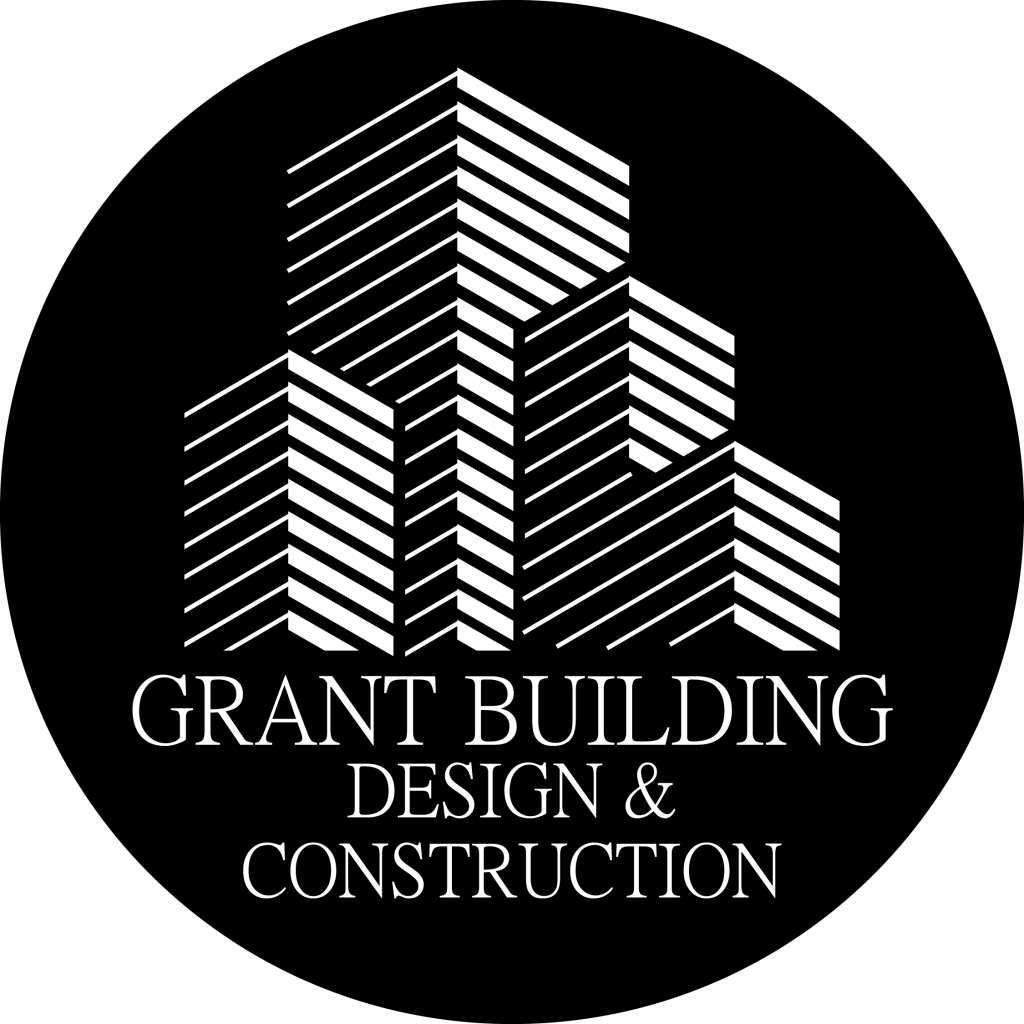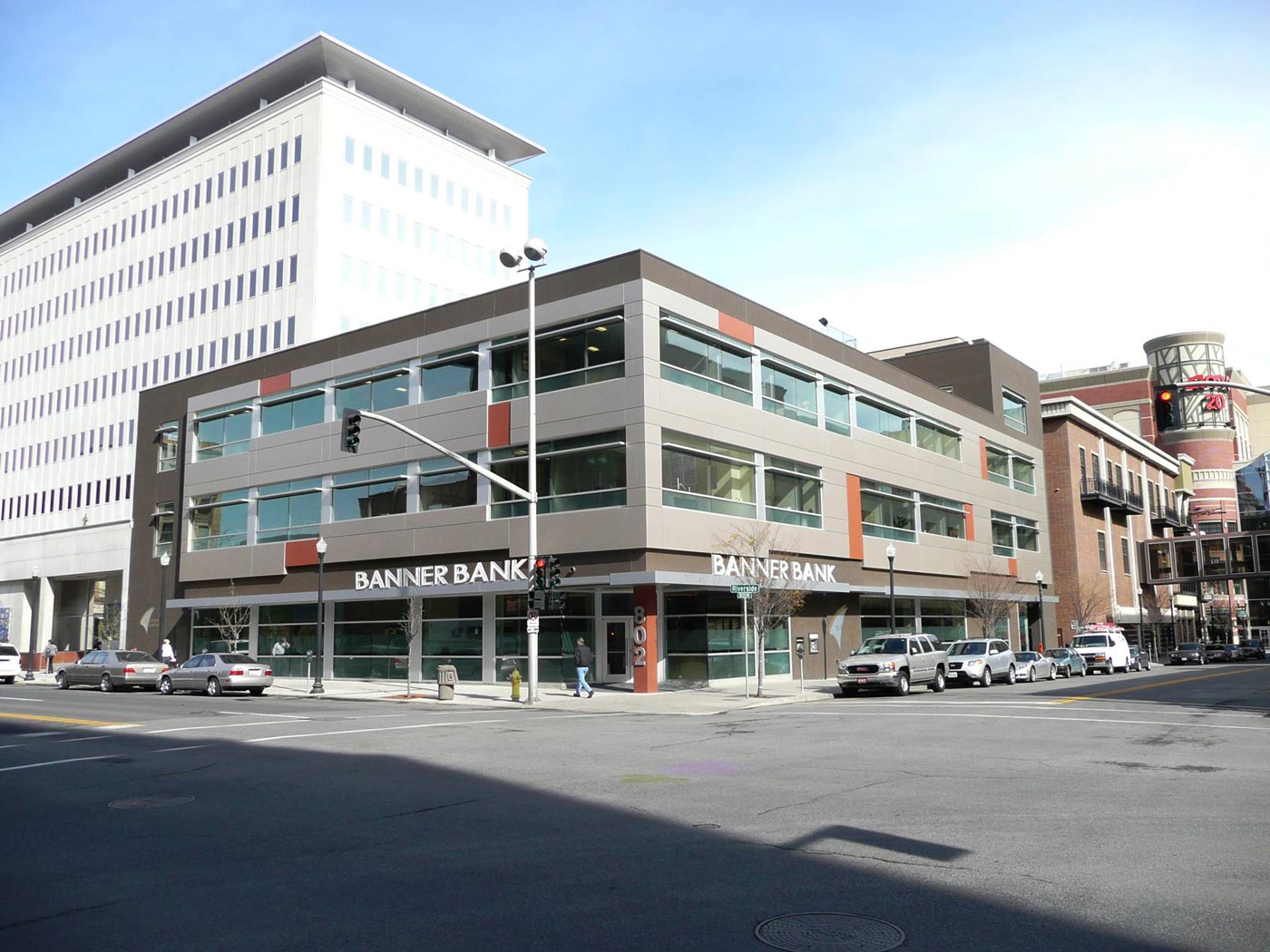Foreclosure is a complex and often intimidating process, but understanding it can empower you to make informed decisions regarding your financial future. Whether you're a homeowner facing foreclosure or someone interested in purchasing foreclosed properties, this guide will help you navigate the intricacies of grant building foreclosure. In this article, we will explore everything you need to know about the foreclosure process, its implications, and how it affects both buyers and sellers.
Foreclosure is not just a legal term; it represents a significant financial event that can have long-lasting consequences. From missed mortgage payments to property auctions, this article will break down the process step by step, offering insights into how foreclosures work and what options are available for individuals involved.
By the end of this guide, you'll have a clear understanding of grant building foreclosure, including strategies to mitigate risks, legal considerations, and potential opportunities within the foreclosure market. Let's dive in!
Read also:Ernies Market Oak Park Mi Your Ultimate Guide To Shopping And Community
Table of Contents
- Introduction to Grant Building Foreclosure
- Understanding the Foreclosure Process
- Common Causes of Foreclosure
- Legal Aspects of Foreclosure
- Strategies to Avoid Foreclosure
- Investing in Foreclosed Properties
- A Buyer's Guide to Foreclosure Properties
- Options for Homeowners Facing Foreclosure
- Current Trends in the Foreclosure Market
- Conclusion and Next Steps
Introduction to Grant Building Foreclosure
What is Foreclosure?
Foreclosure refers to the legal process where a lender reclaims ownership of a property after the borrower defaults on their mortgage payments. This process can vary depending on the state and the specific circumstances surrounding the loan. In the context of grant building foreclosure, understanding the legal framework and financial implications is crucial for both buyers and sellers.
Foreclosure can result in significant financial losses for homeowners, but it also presents opportunities for investors looking to acquire properties below market value. This section will explore the basics of foreclosure and provide an overview of how it impacts the housing market.
Understanding the Foreclosure Process
Steps Involved in Foreclosure
The foreclosure process typically involves several stages, starting with a missed payment and culminating in the auction or sale of the property. Below are the key steps involved:
- Missed Payments: When a borrower fails to make mortgage payments, the lender sends a notice of default.
- Notice of Default: The lender officially notifies the borrower that they are in default, giving them a chance to catch up on payments.
- Foreclosure Auction: If the borrower cannot resolve the default, the property is put up for auction to recover the outstanding loan balance.
- Bank Ownership: If the property does not sell at auction, it becomes a Real Estate Owned (REO) property, managed by the bank.
Understanding these steps can help homeowners take proactive measures to avoid foreclosure and assist potential buyers in navigating the foreclosure market.
Common Causes of Foreclosure
Economic Factors Leading to Foreclosure
Several factors contribute to the likelihood of foreclosure. Some of the most common causes include:
- Economic downturns leading to job losses
- Increased interest rates causing higher mortgage payments
- Medical emergencies resulting in financial strain
- Inadequate financial planning or budgeting
Addressing these causes requires a combination of financial literacy, proactive planning, and access to resources that can help mitigate the risks of foreclosure.
Read also:Exploring The Vibrant World Of Espacio Discoteque
Legal Aspects of Foreclosure
State Laws and Regulations
Foreclosure laws vary significantly by state, impacting the timeline and procedures involved. Some states require judicial foreclosure, where the process must go through the court system, while others allow non-judicial foreclosure, which is faster and less formal.
Understanding the legal framework in your state is essential for both homeowners and investors. For example, in states with judicial foreclosure, borrowers may have more opportunities to negotiate with lenders or contest the foreclosure process.
Strategies to Avoid Foreclosure
Options for Homeowners in Distress
For homeowners facing foreclosure, there are several strategies that can help them avoid losing their property:
- Loan Modification: Negotiate with the lender to adjust the terms of the mortgage, such as lowering the interest rate or extending the loan term.
- Forbearance Agreement: Temporarily pause or reduce payments to provide financial relief.
- Short Sale: Sell the property for less than the outstanding mortgage balance, with the lender's approval.
- Bankruptcy: File for bankruptcy to delay or prevent foreclosure, giving the homeowner time to reorganize their finances.
These strategies require careful consideration and often involve consulting with legal or financial experts to ensure the best outcome.
Investing in Foreclosed Properties
Opportunities in the Foreclosure Market
Investing in foreclosed properties can be lucrative, offering the chance to acquire assets at discounted prices. However, it also comes with risks and challenges. Investors should consider the following:
- Due Diligence: Conduct thorough research on the property, including any liens or legal issues.
- Market Conditions: Assess the local real estate market to determine the potential for appreciation and rental income.
- Renovation Costs: Factor in the cost of repairs and renovations when calculating the potential return on investment.
By carefully evaluating these factors, investors can make informed decisions and maximize their returns in the foreclosure market.
A Buyer's Guide to Foreclosure Properties
Tips for Purchasing Foreclosed Homes
Buying a foreclosed property can be an excellent way to enter the real estate market at an affordable price. Here are some tips for buyers:
- Work with a Real Estate Agent: An experienced agent can help you navigate the complexities of purchasing foreclosed properties.
- Inspect the Property: Always conduct a thorough inspection to identify any hidden issues that may require costly repairs.
- Secure Financing: Ensure you have pre-approval for a mortgage or sufficient cash reserves to complete the purchase.
These tips can help buyers avoid common pitfalls and ensure a successful transaction when purchasing foreclosed properties.
Options for Homeowners Facing Foreclosure
Alternatives to Losing Your Home
For homeowners facing foreclosure, there are several alternatives to consider before surrendering the property:
- Refinancing: Explore options to refinance the mortgage at a lower interest rate or with better terms.
- Selling the Property: Consider selling the home voluntarily to avoid the stigma and credit damage associated with foreclosure.
- Government Assistance Programs: Take advantage of programs designed to help homeowners avoid foreclosure, such as the Home Affordable Modification Program (HAMP).
These alternatives can provide homeowners with a pathway to financial stability and help them avoid the negative consequences of foreclosure.
Current Trends in the Foreclosure Market
Insights from Recent Data
According to recent data from Realtor.com, the foreclosure market has shown signs of recovery in many regions, with fewer properties entering foreclosure compared to previous years. However, certain areas continue to experience higher foreclosure rates due to economic challenges and lingering effects of the pandemic.
Investors and buyers should stay informed about these trends to make strategic decisions in the foreclosure market. Keeping up with local market conditions and economic indicators can help identify opportunities and potential risks.
Conclusion and Next Steps
Grant building foreclosure is a multifaceted issue that affects both homeowners and investors. By understanding the foreclosure process, its causes, and the available options, individuals can better navigate the challenges and opportunities presented by this market.
We encourage readers to take the following actions:
- Share this article with others who may benefit from the information provided.
- Explore additional resources and articles on our website for further insights into real estate and finance.
- Leave a comment or question below to engage in the discussion and help others learn from your experiences.
Foreclosure doesn't have to be the end of the road. With the right knowledge and strategies, you can turn challenges into opportunities and build a stronger financial future.


